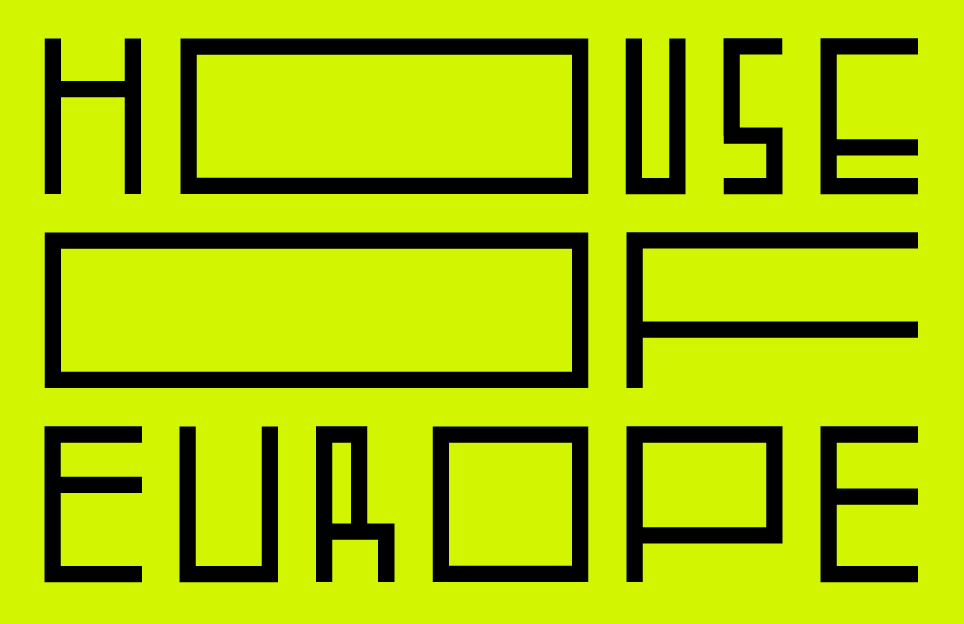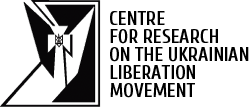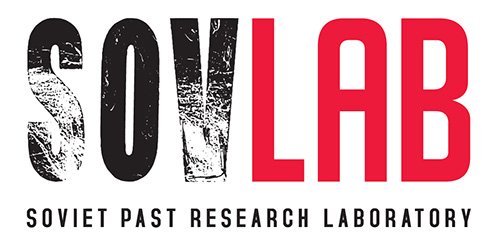
Marta Kubišová
singer, actress and presenter
1942
|
Marta Kubišová — four-time winner of the Zlatý slavík (Gold Nightingale) music poll and a Charter 77 signatory. She was one of the country’s most popular singers in the latter half of the 1960s and her song, “Modlitba pro Martu” (Prayer for Marta) became a symbol of resistance to the Soviet occupation of Czechoslovakia in 1968.

Along with Václav Neckář and Helena Vondráčková, she formed the popular Golden Kids trio in 1968 and 1969. She was forbidden from performing publicly in February 1970; the ban was in force throughout the 1970s and 1980s. The first time she sang in public again was in December 1988, during a Charter 77 demonstration in Prague; she became one of the protagonists of the Velvet Revolution in November 1989, and resumed her singing career after that.

The Czechoslovak public associated Marta Kubišová with the resistance to Soviet invasion in 1968 primarily thanks to “Modlitba pro Martu”. Following the August invasion, Kubišová found herself on a list of “undesired” artists, along with many others. The pretext for the ban imposed in February 1970 was her allegedly pornographic photographs; in reality, those were manipulated photos produced most likely by StB. In addition to losing her job, she also experienced a personal tragedy: she lost her unborn child and experienced clinical death the following year. Her husband Jan Němec emigrated to the USA.
She made her living producing paper bags for wrapping toys for several months; in the latter half of the 1970s, she relocated from Prague to the village of Pohled in Vysočina due to continued persecution.

Even there, however, she was under StB surveillance; the police controlled all her visitors and won several persons close to her over for collaboration, including her husband at the time.


She signed the Declaration of Charter 77 in 1977 and become one of the Charter 77 spokespeople. Kubišová was actively involved in the human rights movement and was in touch with international dissidents; she took part in the Czech and Polish dissident meetings on the Sněžka mountain. In response, StB escalated its pressure on Kubišová: her telephone was tapped, her mail checked and she was regularly followed when in public.

“I was not scared when they arrested Václav [Havel] for the first time. But I was scared later, because I was in my third or fourth month of pregnancy when they imprisoned him after the trip to Sněžka. I was there twice with them, on the Czech-Polish trail.”
StB tried to ruin Kubišová’s reputation with other dissidents through calumny and using its secret collaborators, and attempted to convince her that her activities in opposition are pointless and that she should abandon them.

In June 1978, the principal objectives of StB’s activity were set as follows: “1) Achieve a downscaling of her activity, or her withdrawal from the position as a Charter 77 spokesperson; 2) With the help of DEZO [Disinformation Section], cause disputes between KUBIŠOVÁ and the communist and antisocialist part of the opposition gathered under CHARTER 77; 3) Use her current depressive condition and exert continuous psychological pressure with a view to making KUBIŠOVÁ along with Jan MORAVEC to leave the country; 4) Induce personal problems.”



StB would not shy from using any means to exert pressure on the singer; even her second husband Jan Moravec acted as an informer regularly. At the same time, the communist regime would convince her that if she publicly denounced her dissident activities, she would be allowed to resume her singing career.
Marta Kubišová never accepted the proposal. She was allowed to work in an office in the 1980s, but she was still under StB surveillance; for example, she was summoned for interrogations once every two weeks during 1983. She only resumed her active musical career after the Velvet Revolution of 1989.
Документи про Марту Кубішову на Е-архіві






